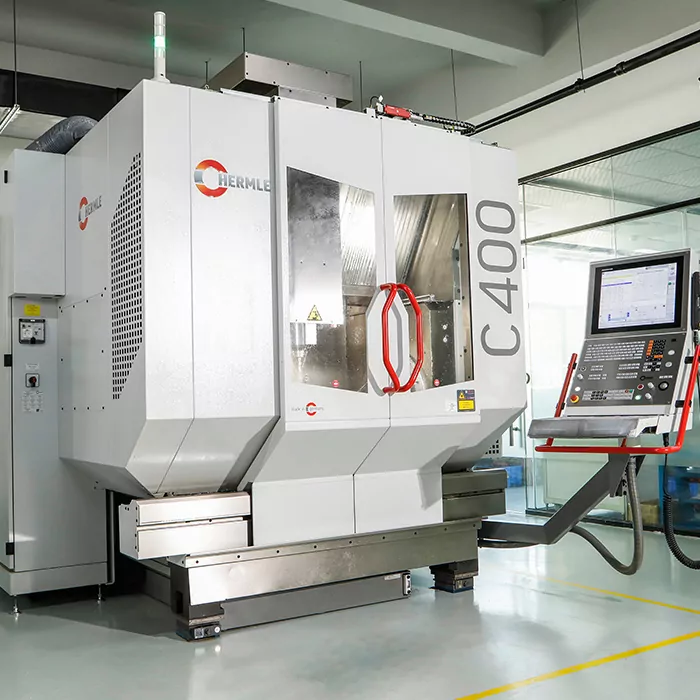Custom parts manufacturing plays a crucial role in enhancing productivity and efficiency across a wide range of industries. From automotive to aerospace, medical to consumer electronics, the ability to create bespoke components tailored to specific requirements can significantly impact the overall performance of a product or system. In this article, we will explore the ways in which custom parts manufacturing contributes to increased productivity and efficiency in various industries.
Enhanced Precision and Performance
One of the key benefits of custom parts manufacturing is the ability to achieve enhanced precision and performance. By utilizing advanced manufacturing techniques such as CNC machining, 3D printing, and injection molding, companies can produce components with incredibly tight tolerances and complex geometries. This level of precision directly translates to improved performance and reliability in the final product, whether it's a high-performance automotive engine or a cutting-edge medical device.
Streamlined Production Processes
Custom parts manufacturing also enables streamlined production processes, leading to increased efficiency and reduced lead times. Instead of relying on off-the-shelf components that may not perfectly fit the design requirements, companies can work with manufacturers to produce custom parts that seamlessly integrate into their assembly lines. This not only reduces the need for extensive modifications but also minimizes the risk of production delays and errors, ultimately optimizing the overall manufacturing process.
Cost-Effective Solutions
Contrary to common misconceptions, custom parts manufacturing can also offer cost-effective solutions for businesses. While the initial tooling and setup costs may be higher compared to mass-produced parts, the ability to create components tailored to specific needs can result in long-term cost savings. For instance, custom parts can eliminate the need for additional components or assembly steps, reduce material waste, and improve overall product longevity, all of which contribute to a more cost-effective manufacturing process in the long run.
Adaptability and Innovation
Furthermore, custom parts manufacturing fosters adaptability and innovation within various industries. As technology and design requirements continue to evolve, the ability to quickly iterate and produce custom components becomes increasingly valuable. Whether it's adapting to new regulatory standards in the medical industry or incorporating advanced materials in aerospace applications, custom parts manufacturing allows companies to stay ahead of the curve and drive innovation in their respective fields.
In conclusion, custom parts manufacturing plays a pivotal role in enhancing productivity and efficiency across diverse industries. By enabling enhanced precision and performance, streamlining production processes, offering cost-effective solutions, and fostering adaptability and innovation, custom parts manufacturing has become an indispensable asset for companies striving to stay competitive in today's dynamic market landscape.
